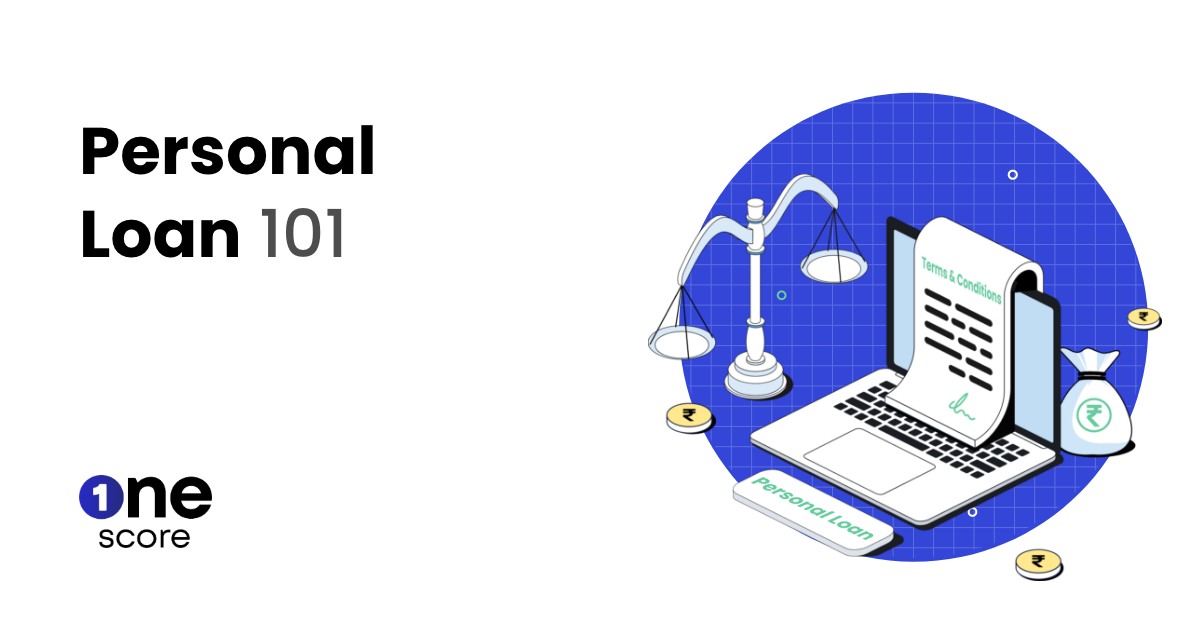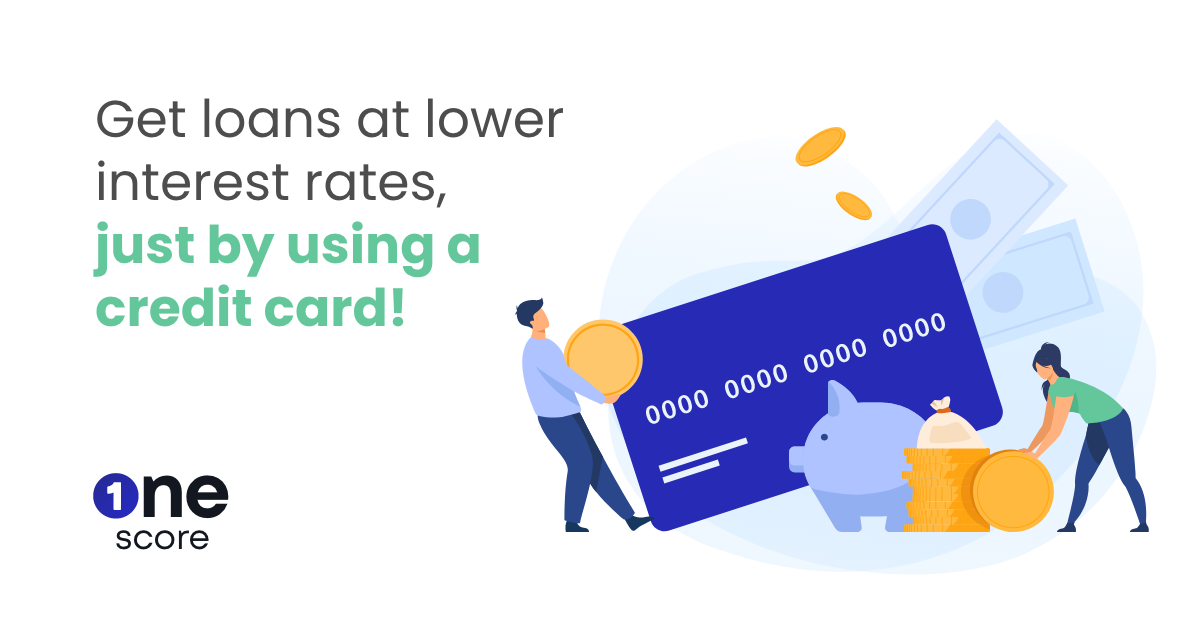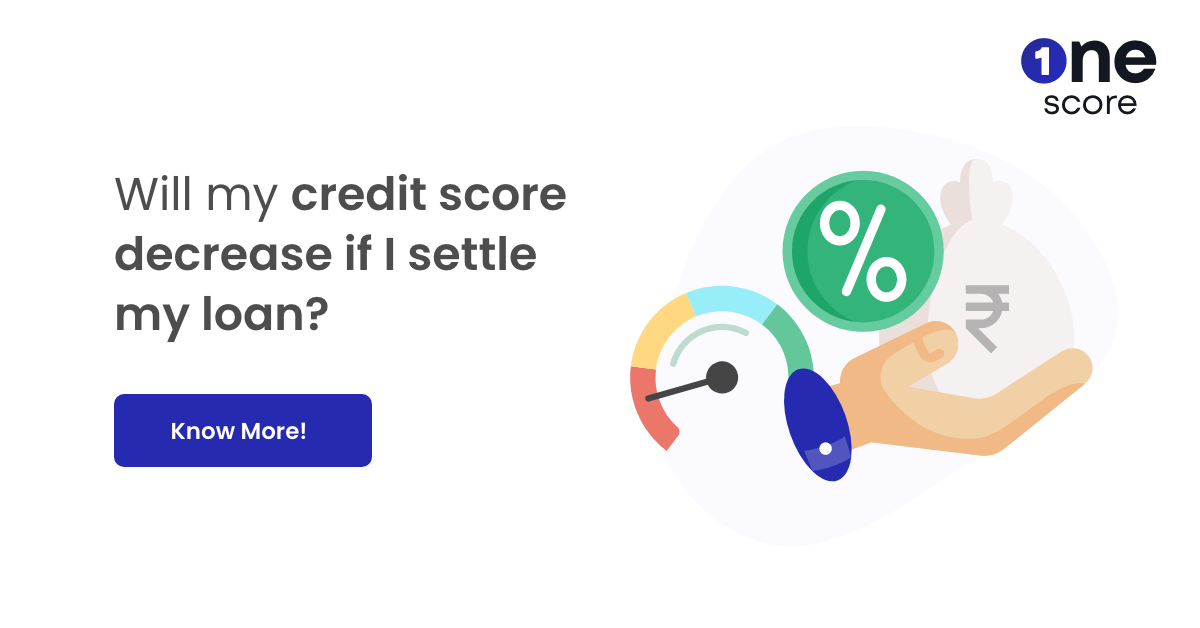Personal Loan Glossary: Loan Terms & Conditions you must know of

Listen to the article here:
Taking out a loan can be an overwhelming procedure, especially when you don’t know half the terminologies associated with it. It also helps you budget appropriately and avoid defaulting on the loan, which can have serious consequences. Having a clear understanding of the terms also allows you to compare different loan options and choose the best loan option for you.
Do you find yourself confused by terms and conditions like interest rates, penalty fees, hidden charges, etc? Then this is your sign to read this article before going ahead with your loan application.
Here are the most commonly used loan terminologies you should know:
1. Downpayment
While buying an expensive item on a loan, you have to make an upfront part payment. This is called a down payment. For example, if you are taking a loan to buy a car, you may have to pay 20-25% of the total cost as a down payment.2. EMIs
EMI is the monthly installment you pay towards your loan at a specified interest rate over the loan tenure. An EMI has two components – principal repayment and interest. During the initial years, a significant portion of the EMI consists of the interest amount. However, towards the end of loan tenure, the principal amount makes up for a significant part of the EMI payment.
Did you know?
You can calculate your EMIs within seconds using the free loan calculator on OneScore. Download the OneScore app now.
3. Fixed interest rate
A fixed rate is an interest that remains the same throughout your loan repayment tenure. It does not vary even if there is any change in the lending rates of banks or repo rates of the Reserve Bank of India (RBI).4. Floating interest rate
A floating interest rate is an interest rate that changes over the duration of a loan, as opposed to a fixed interest rate where it is pre-fixed for the loan tenure. Depending on the economy and market conditions, the rate of interest is revised periodically.5. Origination fee
The origination fee is the one-time cost that a bank or a financial institute charges you for processing a loan. It is typically 0.5% to 1% of the total loan amount.
6. Secured loans
Secured loans are a type of loan where you borrow money against an asset or property you own, which can be your house, car, etc. If you default on the loan, the lender can sell the collateral to compensate for the loss. Some popular examples of secured loans are gold loans, loans against property, auto loans, etc.
7. Loan Guarantor
A loan guarantor is a person who promises to repay a loan in case the borrower fails to repay it. Lenders typically ask for a guarantor if the borrower's income or credit score is low, or when the loan amount is high. Typically, friends or family members stand as a guarantor.
8. Unsecured loan
An unsecured loan is a type of loan that does not require any collateral or security. The lender relies solely on the borrower's creditworthiness, to decide whether to approve the loan and at what interest rate. Some examples of unsecured loans are personal loans, student loans, credit cards, etc.
9. Personal Loan
A personal loan is a type of loan that you can take from a bank, financial institution, or an online lender to borrow money for any personal need. You can use this money for things like paying for a wedding, renovating your house, going on a vacation, or even paying off an existing debt.
Unlike a home loan or car loan, a personal loan is an unsecured loan, which means that you do not have to provide any collateral to the lender. Instead, the lender will check your creditworthiness before deciding to give you the loan.
10. Loan Limit
The loan limit is the maximum amount a lender is willing to loan you. Lenders decide your loan limit based on multiple factors like your income, creditworthiness, and debt-to-income ratio (DTI).
11. DTI (Debt-to-income ratio)
Debt-to-Income ratio is the percentage of monthly income used for loan repayments. Lenders generally allow up to a 50% DTI ratio if you have no other liabilities. But it’s not recommended to go for a higher loan or higher EMI. One should also factor in their other expenses and prioritize affordability over availability.
Too short a tenure will cause a spike in your monthly EMIs whereas a longer tenure may lead to lower EMIs but heavy interest fees. Choose a tenure that aligns with your repayment capacity.
12. Loan Term
A loan term is the amount of time you have to repay your loan. For example, if you take out a six-year auto loan, the loan term would be six years.
13. Prepayment Facility
With the Prepayment facility, you can repay your loan in full or in part before the scheduled repayment period. The rules regarding pre-payment vary from bank to bank. However, most banks have a lock-in period ranging from 1 to 3 years, during which you are not allowed to pre-pay the loan.
14. Loan Cancellation Fees
If you change your mind about your loan and want to cancel the application after approval, the lender may charge a loan cancellation fee. You may be charged a fixed charge plus 18% GST as a loan cancellation fee.
Did you find this article helpful? To stay informed about all things credit management, Download OneScore
**Disclaimer: The information provided on this webpage does not, and is not intended to, constitute any kind of advice; instead, all the information available here is for general informational purposes only. FPL Consumer Services Private Limited and the author shall not be responsible for any direct/indirect/damages/loss incurred by the reader in making any decision based on the contents and information. Please consult your advisor before making any decision.


- OneScore , May 08, 2023

